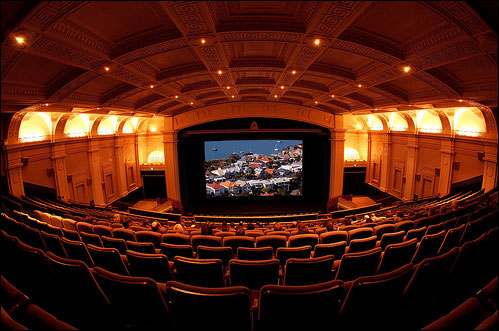Juul, J. Games Telling Stories - A Brief Note On Games And Narratives (July 2001)
Available at: http://www.gamestudies.org/0101/juul-gts/ (accessed 9/01/2010)
I would like to repeat that I believe that: 1) The player can tell stories of a game session. 2) Many computer games contain narrative elements, and in many cases the player may play to see a cut-scene or realise a narrative sequence. 3) Games and narratives share some structural traits. Nevertheless, my point is that: 1) Games and stories actually do not translate to each other in the way that novels and movies do. 2) There is an inherent conflict between the now of the interaction and the past or "prior" of the narrative. You can't have narration and interactivity at the same time; there is no such thing as a continuously interactive story. 3) The relations between reader/story and player/game are completely different - the player inhabits a twilight zone where he/she is both an empirical subject outside the game and undertakes a role inside the game.”
There is a difference in that stories are told to the viewer of other media. But players live the story in digital games
“Even if this article has been somewhat structural in its orientation, I would like to state that I think we need to consider games as fairly formal structures that in complex ways spawn and feed player experiences. This means that we cannot afford to ignore the effect of interactivity: The non-determined state of the story/game world and the active state of the player when playing a game has huge implications for how we perceive games. Even if we were to play only a single game session of a hypothetical game and end up performing exactly the same sequence of events that constitute Hamlet[11], we would not have had the same experience as had we watched Hamlet performed. We would also not consider the game to be the same object as the play since we would think of the game as an explorable dynamic system that allowed for a multitude of sequences.”
A large part of narrative is the uncertainty of events, and the control we have over the game system, we perceive games as narratives we create ourselves, and other media narratives have already been created and are viewed or read by the audience or reader.
“The narrative turn of the last 20 years has seen the concept of narrative emerge as a privileged master concept in the description of all aspects of human society and sign-production. Expanding a concept can in many cases be useful, but the expansion process is also one that blurs boundaries and muddles concepts, be this is desirable or not. With any sufficiently broad definition of x, everything will be x. This rapidly expands the possible uses of a theory but also brings the danger of exhaustion, the kind of exhaustion that eventually closes departments and feeds indifference: Having established that everything is x, there is nothing else to do than to repeat the statement.”
What Juul is stating is that as soon as we have defined narrative, we have been finding ways to change it and evolve it into something that could be argued as being different. This can be related back to the other academic text extract from “Game Design Workshop” I made the point of other media having several narrative arcs, rather than the one in “Jaws” given as an example. So maybe the point I was making about the dramatic arc not being the backbone of dramatic media is nullified by Juul’s statement. If expanding the concept of overlapping narratives is the original dramatic arc, then it would be correct to say that the dramatic arc is the backbone of all dramatic narrative.
“Using other media as starting points, we may learn many things about the construction of fictive worlds, characters ... but relying too heavily on existing theories will make us forget what makes games games: Such as rules, goals, player activity, the projection of the player's actions into the game world, the way the game defines the possible actions of the player. It is the unique parts that we need to study now.”
This shows that Jull views narrative as important part of digital games but the defining parts of digital games are as or more important a thing to study. A successful game needs more than just a good narrative; it needs a good dynamic system for the player to interact with.
“These are both descriptive and normative issues. It does not make much sense to describe everything in the same terms. It also is quite limiting to suppose that all cultural forms should work in the same way. The discussion of games and narratives is a relevant one and I can not hope to close it here. This article has argued for telling the difference.”



No comments:
Post a Comment